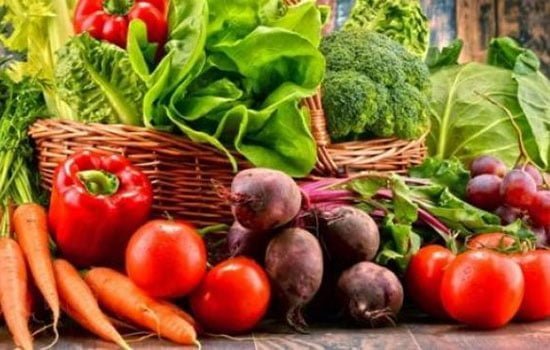For several months now the economic news of Russia paid disproportionate attention to the issues of the fresh produce sector. Even more – ordinary beetroots became the hottest topic of economic debates in the country with largest deposits of most precious resources on Earth. However, it seems that it is the beetroots (also called red beets) and not the Russian barbaric war against Ukraine, which are responsible for the galloping inflation in Russia, which the best brains of this country can’t deal with.
It turns out that a country that loves to dream of being a superpower cannot even learn how to grow beets. It is not clear why Ukraine has not yet been accused of this, because there is an obvious Ukrainian trace here – red beets are an indispensable component of Ukrainian borscht, which, by the way, is recognized as a UNESCO cultural heritage! Not sure why they haven’t yet banned it in Russia – it would have resolved all of the problems immediately.
Read also: Sanctions Paralyze Russia’s Fruit Trade: Dire Consequences for Egypt, Türkiye, and Ecuador
However, the beetnomics of the “superpower” is actually bursting far beyond the beetroot segment. Prices for almost all products in the fresh produce category are at record highs, even imported ones, and stubbornly refuse to become cheaper, even though it is the height of the new harvest season. Moreover, EastFruit analysts predict a sharp rise in prices throughout the new season.
We compared wholesale prices for the key types of vegetables and fruits in Russia today with prices for the same date in 2023 and found that there is only one product that costs less than a year earlier – the onions. On average, key vegetables and fruits in the Russian Federation have risen in price by 2.5 times over the year! Even banal bananas, which are imported and usually do not fluctuate too much in price, cost at the aggressor country 82% more now than a year earlier!
Cucumbers are 2-2.5 times more expensive, peaches, which are overproduced in most countries of the world in the current season and well unusually cheaply, in Russia are 2.6 times more expensive. Prices for tomatoes are 80% higher and all fresh berries at the peak of the harvesting season are on average 50-70% more expensive. Potatoes have risen in price by 40% over the year. Even apples are on average 20-30% more expensive than a year ago and considering the loss of the largest share of the harvest on record in 2024, these prices are going to surprise many in 2024/2025 season.
The fact is that many suppliers of fruits and vegetables refuse to work with Russia because the risks of non-payment for the goods delivered are too high and there is a reputational risk that comes with trading with a sanctioned aggressor. In addition, there is a risk of secondary sanctions to the traders and their banks when making payments to the Russian counterparts, because most Russian banks are under international sanctions.
As a result, supporting barbaric attacks against the civilian population of Ukraine, stealing Ukrainian grains, cherries, watermelons, factories, technologies and even Ukrainian children at the occupied territories and other Russian crimes do not come cheap for the citizens of this country. And the price for these crimes for the beetonomy of the “superpower” will continue to rise.
The use of the site materials is free if there is a direct and open for search engines hyperlink to a specific publication of the East-Fruit.com website.




